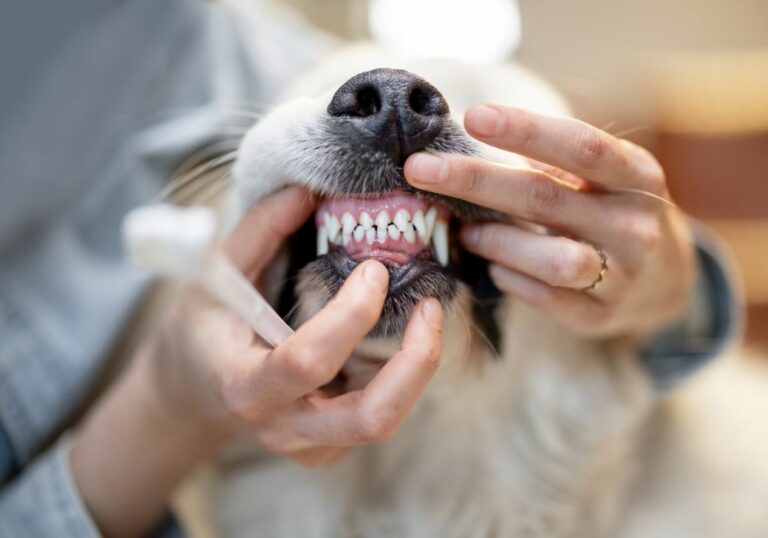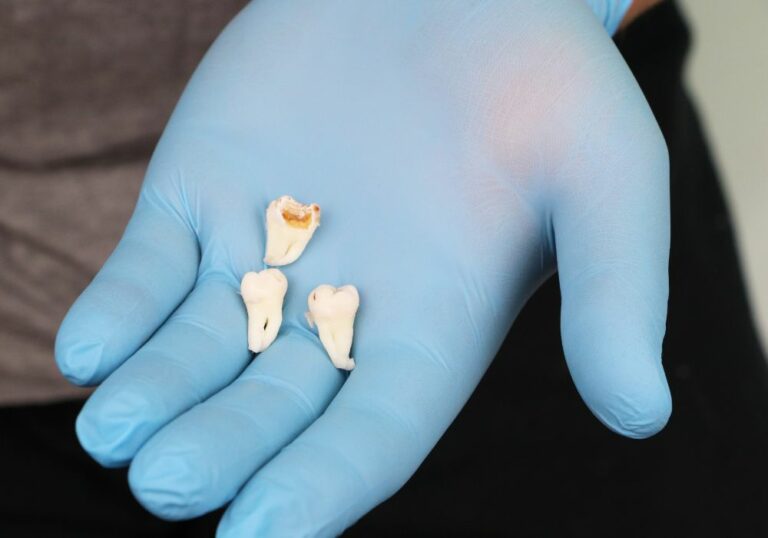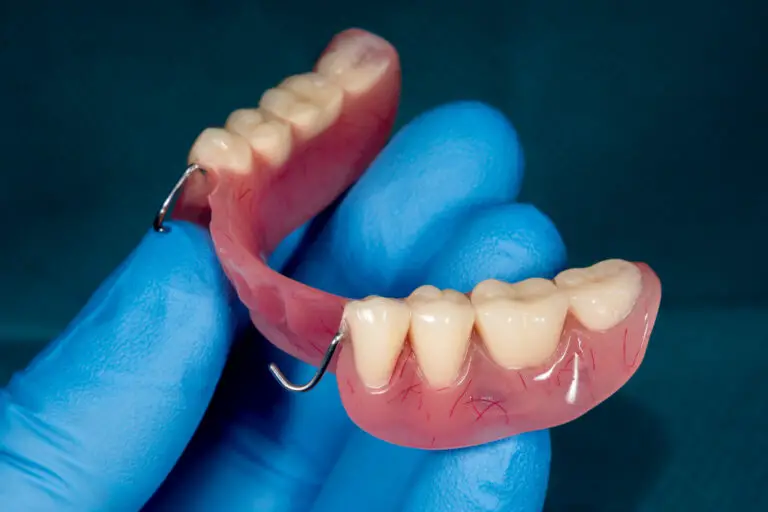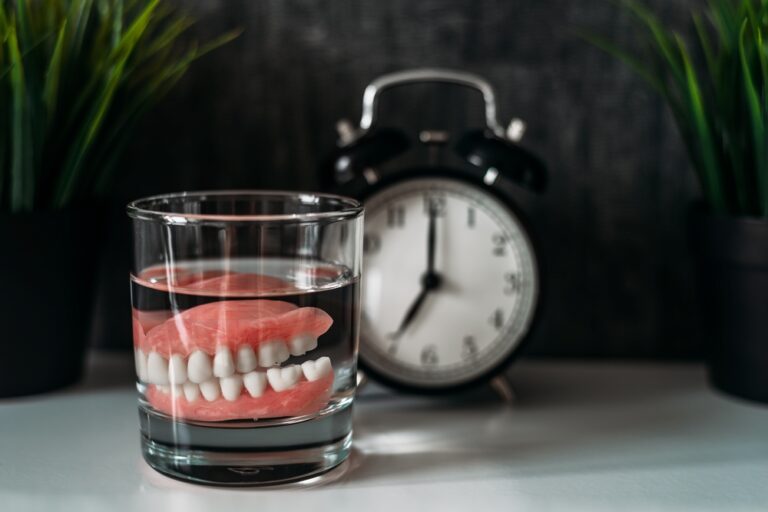If you’re taking medication, you may not realize that some drugs can cause damage to your mouth and teeth. It’s important to be aware of these side effects so you can take steps to protect your oral health. In this article, we’ll discuss two drugs that can cause damage to the mouth and teeth.
The first drug that can cause damage to your mouth and teeth is methamphetamine, also known as meth. Meth use can lead to a condition called “meth mouth,” which is characterized by severe tooth decay, gum disease, and tooth loss. Meth use can also cause dry mouth, which can increase the risk of tooth decay and gum disease.
The second drug that can cause damage to your mouth and teeth is cocaine. Cocaine use can cause tooth decay, gum disease, and tooth loss. Cocaine use can also cause dry mouth, which can increase the risk of tooth decay and gum disease. Additionally, cocaine use can cause teeth grinding and jaw clenching, which can lead to tooth damage and pain.
Methamphetamine and Oral Health
Methamphetamine, or meth, is a highly addictive stimulant drug that can cause serious damage to your oral health. Here are some of the ways that meth use can affect your mouth and teeth:
- Tooth decay: Methamphetamine use can lead to a condition known as “meth mouth,” which is characterized by extensive tooth decay and loss. This is likely caused by a combination of drug-induced psychological and physiological changes resulting in dry mouth and long periods of poor oral hygiene. Methamphetamine itself is also acidic, which can erode tooth enamel.
- Dry mouth: Methamphetamine use can cause an unusually dry mouth, as it dries out the salivary glands. Dry mouth can also contribute to tooth decay, since there is less saliva to protect your teeth from acids.
- Teeth grinding: Methamphetamine use can cause bruxism, or teeth grinding, which can wear down your teeth and lead to jaw pain and headaches.
- Gum disease: Methamphetamine use can increase your risk of gum disease, which can cause redness, swelling, and bleeding of the gums.
- Oral sores: Methamphetamine use can cause sores in your mouth, which can be painful and increase your risk of infection.
If you are using methamphetamine, it is important to seek help to quit and to see a dentist regularly to monitor your oral health.
Cocaine and Oral Health
Cocaine is a highly addictive drug that can cause severe damage to your oral health. Here are some ways in which cocaine can affect your mouth and teeth:
- Gum disease: Cocaine use can cause an infection called periodontitis, which is also known as gum disease. Gum disease occurs when the tissue of the gums is damaged and can lead to tooth loss and more serious health concerns that affect your cardiovascular system and respiratory system.
- Tooth decay: Cocaine use can cause dry mouth, which reduces the amount of saliva in your mouth. Saliva helps neutralize acids and wash away food particles that can cause tooth decay. Without enough saliva, your teeth are more susceptible to decay.
- Tooth grinding: Cocaine use can cause you to clench or grind your teeth, which can lead to tooth damage, jaw pain, and headaches.
- Nasal septum perforation: Frequent, long-term cocaine abuse is known to cause a wide range of severe and often disfiguring mouth and sinus problems, including nasal septum perforation.
If you are struggling with cocaine addiction, it’s important to seek help as soon as possible. Your oral health is just one of the many reasons why cocaine use is harmful to your overall well-being.
Common Oral Health Problems
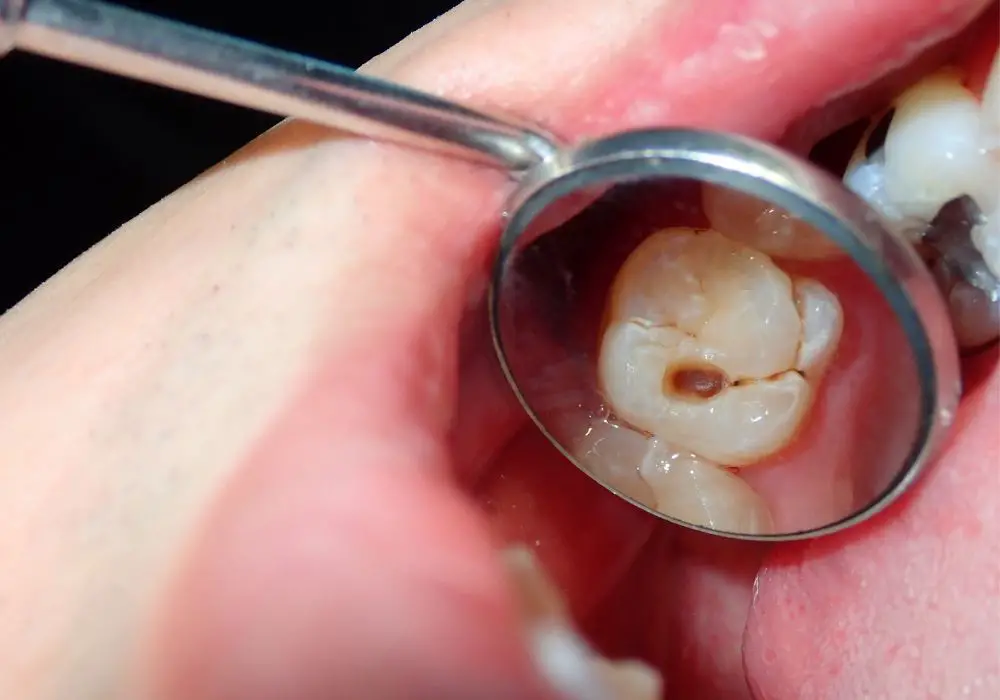
Maintaining good oral health is essential to prevent various dental problems. Here are some of the most common oral health problems that can occur due to drug use:
- Dry Mouth: Dry mouth is a common side effect of many medications, including antihistamines, antidepressants, and blood pressure medications. Dry mouth can cause discomfort, difficulty in swallowing, and increase the risk of tooth decay and gum disease.
- Gum Disease: Gum disease is a bacterial infection that affects the gums and the tissues that support the teeth. It can cause redness, swelling, and bleeding of the gums. Drug use, especially smoking, can increase the risk of gum disease.
- Tooth Decay: Tooth decay is a common dental problem that occurs due to the buildup of plaque on the teeth. Plaque is a sticky film of bacteria that forms on the teeth and can cause cavities. Drug use, especially sugar-containing drugs, can increase the risk of tooth decay.
- Oral Thrush: Oral thrush is a fungal infection that affects the mouth and throat. It can cause white patches on the tongue, inner cheeks, and roof of the mouth. Drug use, especially antibiotics, can increase the risk of oral thrush.
- Burning Mouth Syndrome: Burning mouth syndrome is a condition that causes a burning sensation in the mouth. It can be caused by various factors, including drug use, especially medications that cause dry mouth.
To maintain good oral health, it is essential to practice good oral hygiene, including brushing and flossing your teeth regularly, using mouthwash, and visiting your dentist regularly. If you experience any oral health problems, it is important to consult your dentist as soon as possible.
Prevention and Treatment
Preventing drug-induced damage to your teeth and mouth is possible with a few simple measures. Here are some tips to keep your mouth healthy:
- Brush your teeth twice a day with fluoride toothpaste.
- Floss daily to remove plaque and food particles from between your teeth.
- Avoid sugary and acidic foods and drinks, as they can damage your teeth.
- Drink plenty of water to keep your mouth hydrated and wash away food particles.
- Visit your dentist regularly for check-ups and cleanings.
If you are taking medications that can damage your teeth and mouth, talk to your doctor about possible alternatives. In some cases, changing the medication or dosage can help reduce the risk of damage.
If you are experiencing dental problems due to drug use, seek professional help. Your dentist can provide treatment options that can help prevent further damage and restore your oral health. Treatment options may include:
- Fillings or crowns to repair damaged teeth.
- Root canal therapy to remove infected pulp and save the tooth.
- Gum surgery to repair damage caused by periodontitis.
- Orthodontic treatment to correct bite problems caused by teeth grinding.
Remember, prevention is key when it comes to maintaining good oral health. By taking care of your teeth and gums and seeking professional help when needed, you can prevent drug-induced damage and maintain a healthy smile.
Frequently Asked Questions
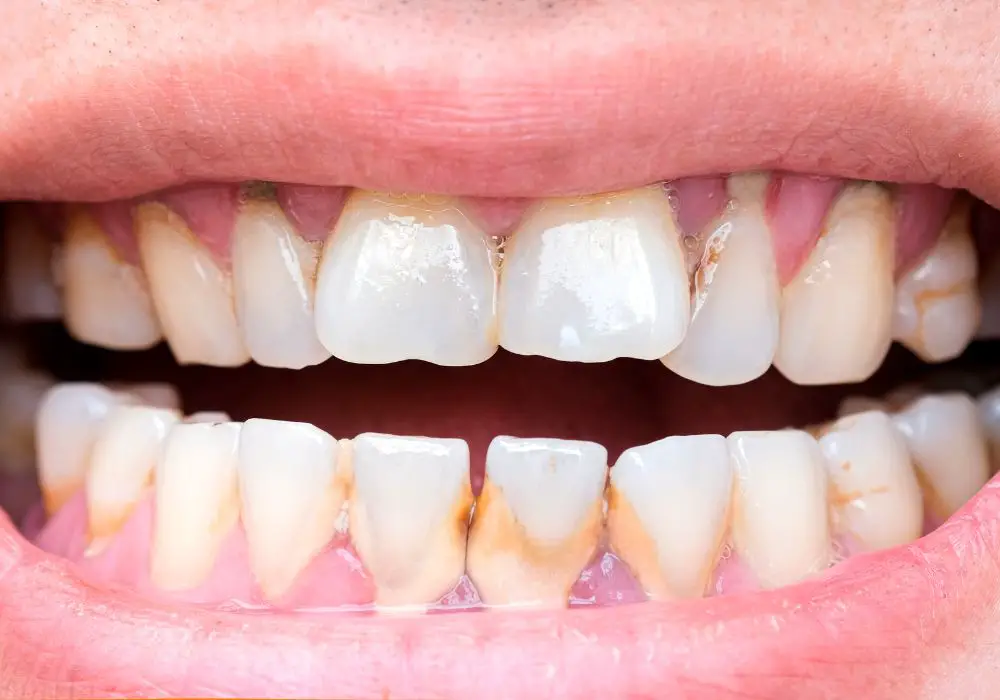
What medications can cause damage to teeth and gums?
Several medications can cause damage to teeth and gums. Some anticoagulants commonly prescribed for heart attack and stroke prevention can lead to excessive bleeding, usually from the gums or tooth sockets, during or after invasive procedures such as tooth extraction or gum surgery.
Which drugs have side effects on dental health?
Stimulants such as ecstasy, methamphetamine, and cocaine can cause a person to clench and grind their teeth, leading to chipped, loose, and worn teeth, as well as pain in the jaw muscles and joint.
What are some common drugs that can lead to tooth decay?
Some drugs increase the urge for sugary snacks and drinks, which can lead to tooth decay.
What are the effects of certain medications on oral health?
Certain medications can cause fungal infections, gum swelling, inflammation of the lining inside of the mouth, and mouth sores.
What are the risks of taking certain medications on teeth and gums?
The risks of taking certain medications on teeth and gums include excessive bleeding during or after invasive procedures, clenching and grinding of teeth, tooth decay, and oral infections.
What are some drugs that can cause damage to teeth and bone?
Methamphetamine and heroin can cause damage to teeth and bone due to the acidic nature of these drugs and the lack of saliva production, which can lead to dry mouth and tooth decay.



